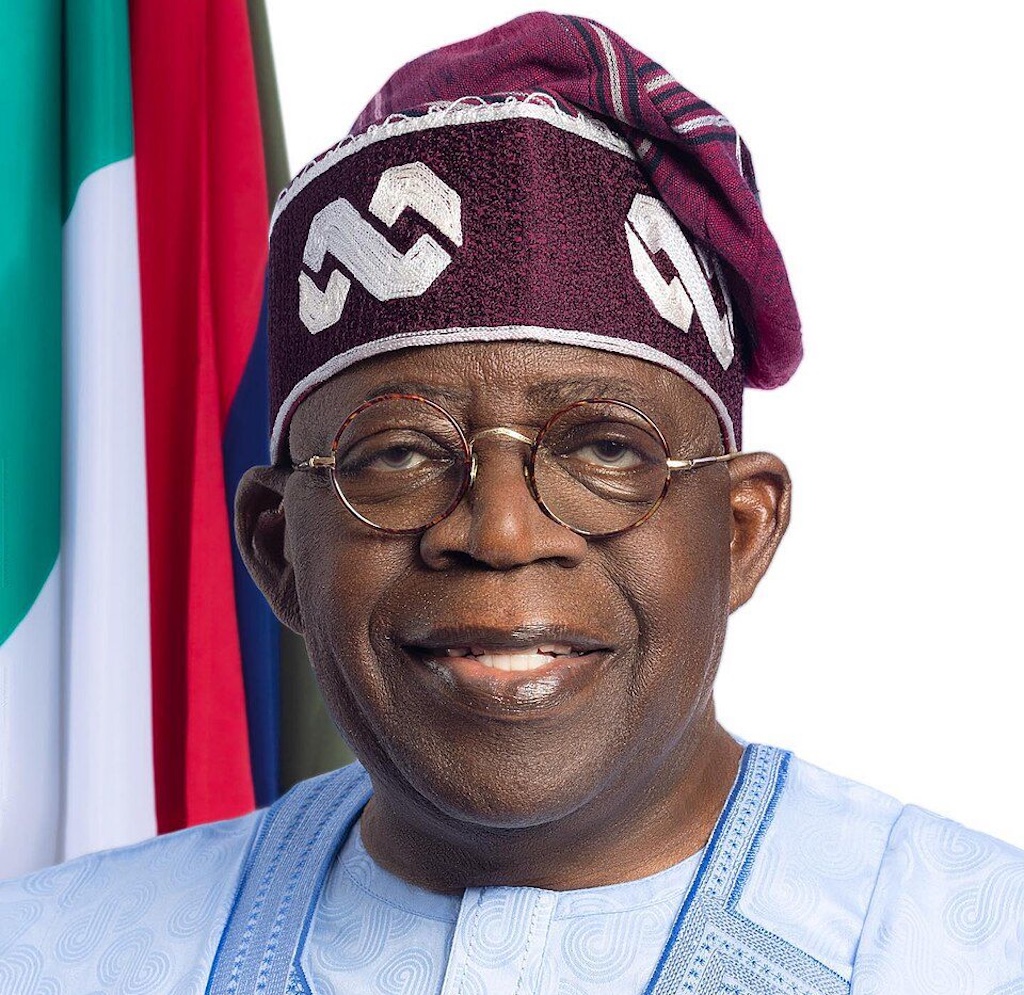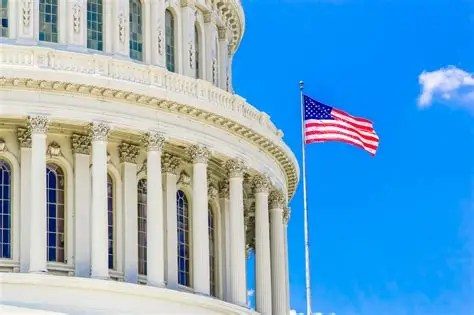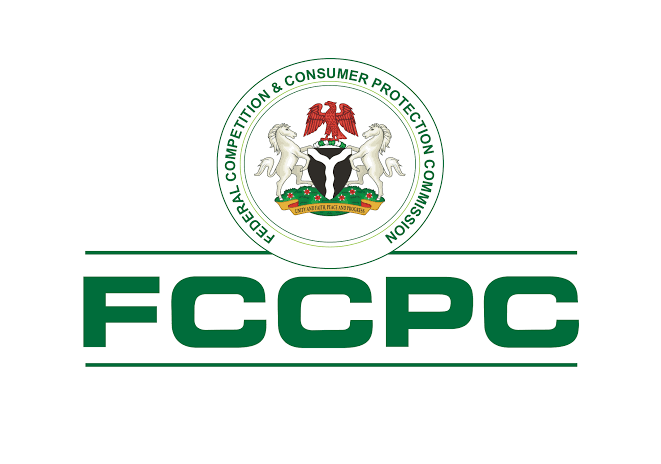The Founder, and CEO of Leatherback, Mr. Ibrahim Ibitade in this interview with Kayode Tokede posits that a more enabling environment twill attract fintechs to list on the Nigerian Exchange Limited. He also speaks on Central Bank of Nigeria’s foreign exchange reforms, Nigeria’s Fintech space evolution, and the company’s future prospects. Excerots
As a major stakeholder in the foreign exchange market in Nigeria, what are the likely solutions you will give to CBN in its move to strengthen the Naira against other currencies?
The Federal Government and CBN are taking the necessary steps to stabilize the Naira in the foreign exchange market. The leadership in the CBN has done an amazing job in putting the right structures in place and there isn’t an additional thing to add. I believe they are taking advice from more experienced people and they are doing the necessary things to make sure they fix the economy. The only thing is that lasting solutions should be preferred, and the economy should be fixed. I think that we all are seeing these decisions as they reflect in bringing stability to the Naira in the foreign exchange market.
Comparing Nigeria regulators against other countries where you operate. What is your assessment?
Nigeria has one of the top financial regulating bodies in the world, and CBN is doing a good job of putting everyone in check. Our banking system is probably one of the most advanced in the world. I mean, Nigeria had instant payments, for as long as anyone can remember. I think that there’s a lot we still have to do, no doubt. But Nigeria matches up to any major regulator in the world. Regulatory reporting, transaction monitoring, Know-Your-Customers (KYC), among others are the necessary things that our regulators hold us extremely accountable for and Nigeria regulators don’t do any less thing as they even do a lot more.
How has the Fintech Space transformed over the years?
A whole lot has happened, and we’ve seen different companies spring up in the Fintech sector. We have seen the Fintech sector grow significantly over the last couple of years and more innovation developed. We’ve seen some of our Fintechs hitting amazing valuations and we had a situation in Nigeria that opened up the door for the Fintech companies. For the likes of Moniepoint to be able to come and scale up significantly, means the Fintech space is rapidly developing in Nigeria Leatherback has been able to conveniently move from the shores of Nigeria to even get licensed in Nepal, Sri Lanka, and India, which is not the typical route that anyone will think of.
We have some Fintechs that are set for IPO. So, we’ve had a lot more innovative products coming up in the market, particularly when the former central bank governor, Mr Godwin Emefiele introduced a new currency policy. It has opened up the room for more innovation in the sector. So, there’s been quite a lot that has happened in the last couple of years.
How does Leatherback track illegal funds transfers and daily limit transfers?
We always do KYC on our customers to know who they are. If a customer is claiming he sells shoes, we check whether you’re in the right business or not and we set specifics for all transactions.
We monitor all customers’ transactions at every point in time. We work with different tools and of course with a global transaction monitoring provider who runs your name through different transaction screening lists to see whether you are wanted for any charges at any point in time.
Once you’ve passed all those checks, and you’re able to provide the right documentation to support that particular payment, then, we’re able to process your payments. So, you need at regular intervals provide us with all the justifications required at Leatherback before we can process your payments for those justifications. Our processes are more stringent than what our commercial banks have to offer.
Have you achieved global financial access amid challenges?
Leatherback is providing that global connectivity to enable global business growth and empower global citizens across the world. So basically, we at Leatherback give customers access to global financial services across multiple countries and you’re able to get full access to local banks or shores of wherever country you’re in.
And that’s the experience we want to give people. We have been able to do that today. We have been able to say if you’re in this country, and you’re going to that another country, you can get financial services even before you get to that country. Once you meet up with our standard KYC requirements and you meet very strict compliance processes, then you can get access to global financial service solutions.
What are the prospects of fintechs taking over from banks?
I don’t think one will ever predict that Fintech companies will take over from banks. I think that banks are there to guide and protect Fintechs. So, I think Fintechs taking over banks is not going to happen. Banks will always guide, provide guidance, and provide direction. And that’s what I think will always happen for now.
What advantages does fintechs have over banks?
We’re leaner and we’re able to penetrate areas that banks cannot but we still need the banks to guide us, provide regulatory cover, and provide guidance and direction for Fintechs. I’ll say it’s not an advantage per se but it has to be a symbiotic relationship that needs to work together. One can’t grow without the other. I mean, Fintechs have to be able to leverage banks for growth, and, at the same time, banks will be able to leverage Fintechs to enhance operations and penetration. So, I think both have to work hand in hand.
What can Fintech companies do to tackle rising cybercrime?
Fintech companies need to synergize a lot more and regulators need to be able to harmonize on the need to encourage Fintechs to execute operations better and cooperate in a move to track cybercrime better. Fraud and crime are inevitable in business and financial services. What is mandated, and required is to make sure that you have systems in place to track, notice on time to prevent, or to make sure you recover as quickly as possible. So, Fintechs need to keep checking and be sure that one fraudster does not defraud someone else at different points in time. So, cooperation and synergy are what we need to do better.
Is Leatherback planning to list on any Exchanges in Nigeria?
Let’s see what happens over the next couple of years. As you said, the Nigerian Stock Exchange has a board of Fintech companies to consider raising funds from the local exchange and making it a bit more attractive. A more enabling environment can encourage more Fintechs to do more things locally and listing on the Exchange is one of them.
What is your future outlook for the Fintech space in Nigeria?
Fintech companies in Nigeria are not scratching the surface at all. There’s a whole lot more financial technology that cuts across different aspects of financial services. What we’re doing mostly in Nigeria is payments, but there’s a whole lot more than payment. However, in the next couple of years, we are going to be seeing development as we’re practically not quite scratching the surface right now.
The more the economy develops under this government, the more opportunities that Fintechs will be able to explore, and the more other sectors within the Fintech ecosystem can also grow significantly.
What motivated you to start Leatherback?
I’ve always been interested in trade and commerce. Yes, trade across multiple sectors, and countries and trade across Africa. And if you go to some African countries today, aside from mobile money, you find that it will take you two or three days to make payment to another African country.
The ease of knowing that when you are traveling, you don’t even need to bother yourself with exchanging cash at the airport at any point in time, gives us the motivation to start Leatherback. With just one application, you can get access to global banking services across all these countries. You have access to pay and receive, coupled with the ease of movement of people, goods, and services is part of what makes us Leatherback.
What are the major challenges of running Leatherback?
Fluctuation of rates has not been the best- I mean in different countries managing multiple currencies. Also, regulatory penetration is there. But generally, we face the same kind of challenges that businesses generally face and we try as possible to scale as much as we should. But our challenges are the same kind of challenges that every regular financial service and, every normal business will face.
Talking about safety and security, how strong is your firewall?
We are PCI-DSS certified, which is a very strong accomplishment for us and we’re also ISO certified. There were three ISO certifications. We have a technology team of over 50 people and are always working on the clock to make sure that our systems are solid and never had any major hacking incidents at Leatherback.
We have the right certifications to ensure that client’s information is secured in different countries. Some countries have what we call safe guiding principles where whenever you’re doing transactions of funds, it has to be kept with commercial banks before such transactions are completed. That’s where we are today. I mean, we can offer that kind of service today and we know that client’s funds are always secure with local commercial banks.
What are the selling points of Leatherback?
We own our rails – infrastructure builders at Leatherback. We have plugin infrastructure in the UK, Ghana, Nigeria, and Canada, among others. In different countries, we are plugged directly into the payment rails and it gives us the ability to make and receive payments. Leatherback is a principal issuer and current member of MasterCard. Most of our infrastructure is owned by us, which allows us to offer a unique frontier market-tailored experience to all our users.
How many transactions have been recorded so far?
We have processed over $200 million worth of transactions across all our countries. I don’t know what it applies to different countries alone. Nigeria is our smallest market so far. It’s not our biggest market. Our biggest market is in the UK, Canada, and India.
We also maintain 99.9% uptime on our platform. So, Leatherback is heavily focused on clients that are sending funds regularly between the UK-India corridor, Canada-India corridor, UK-Pakistani corridor, and Canada-Pakistan corridor. Those are the heavy transactions we do and Nigeria is one of the markets we are trying to get active with.
Why is Nigeria missing out on Leatherback’s transactions routines?
There are bigger markets than Nigeria’s market right now. India with over a billion people, and Pakistan is also a market of people. We are a UK business and we are just focused on those.
Nigeria is a key market for us. And we are also particular about establishing connections in the Nigerian corridor for the Indians in Nigeria, the Pakistanis in Nigeria, and Ethiopians in Nigeria.
Those corridors are very unique and have a major trade focus that many people don’t pay attention to, as part of the sector segments were surveyed. You can imagine the kind of relationship between Nigeria and India. There was over $10 billion worth of trade between both countries.
Where everyone is heavily focused on China, we can service India today by serving India from Nigeria to established Ethiopia and various other countries.
In the next 5-10 years, where do you think Leatherback is going to be?
For now, we’re not expanding. We’re focused on all the markets that we have right now. In the next five years, we expect Leatherback to at least be in a position that serves as a unique connecting factor between frontier markets and developed markets and that has any regulatory compliance business that can connect frontier markets to developed markets.



